Recent Posts
Blog Categories
- Newsletter (416)
ALJ Decision on DTE’s Resource Plan Sees Room For Improvement
DTE Energy’s integrated resource plan (IRP) will have a significant impact on the amount of renewable energy, efficiency and more components of advanced energy that Michigan’s largest utility will pursue over the foreseeable future. It was easy to miss because of the holidays, but on Dec. 23, an administrative law judge (ALJ) issued a proposal for decision rejecting several parts of the IRP and agreeing with points made by Michigan EIBC and other intervenors in briefs made before the Michigan Public Service Commission (MPSC). The ALJ’s proposal for decision will inform a final decision by the MPSC on the IRP, expected in the coming months.
As the ALJ cited in the proposal for decision, Michigan EIBC and the Institute for Energy Innovation argued that DTE should have identified a need for capacity in coming years, a recognition that could allow renewable energy developers, energy storage developers and others to have a chance to meet that need. The ALJ recommended that DTE should consider acquiring additional capacity through contracts with third party projects that interconnect to DTE’s system.
The proposal for decision also found that DTE’s estimates for the cost of renewable energy used in the IRP’s models were too high, undermining the amount of wind, solar and storage that the utility’s plan selected. For example, the ALJ agreed with the finding, discussed by Michigan EIBC President Laura Sherman in an article last year, that DTE did not use the correct technological assumptions when modeling how solar resources would perform.

Legislators and Members: Mark Your Calendars for Jan. 28 Event on Cost Declines and Innovation
The benefits of distributed generation have grown due to technological innovations that increase the efficiency of solar panels, batteries to store energy, CHP and other forms of advanced energy. These advancements have also made utility-scale renewable energy significantly more cost-effective. According to Lazard, the unsubsidized levelized cost of energy for solar photovoltaic has decreased from $323-$394 per MWh in 2009 to $36-$44 per MWh in 2019, while wind’s unsubsidized levelized cost of energy decreased from $101-$169 per MWh in 2009 to $28-$54 per MWh in 2019l To capture the benefits of these innovative technologies, legislators, regulators, and utilities need the latest information and need to learn how to account for rapid changes as a part of legislative and regulatory decisions.
The next session of the Institute for Energy Innovation’s ongoing Energy 101 Lunch & Learn series at the House Office Building will give attendees a comprehensive overview of these cost declines, why they matter, and what happens next. The event, titled Cost Declines and Technological Innovations in Advanced Energy, is for state legislators and government officials, their staff, and Michigan EIBC members only. Please register for the Jan. 28 event here.
New Members

Environmental Consulting & Technology, Inc.
Founded in 1988, and comprised of nearly 200 scientists, engineers, and support staff, ECT has been ranked by Engineering News-Record among the top 200 environmental engineering firms in the country for each of the past 23 years. ECT provides multidisciplinary environmental consulting and engineering design solutions to market-leading clients throughout the United States and across four continents. ECT’s natural resource professionals have a long history of project and program management on large-scale renewable energy projects. ECT has worked in more than 20 states assisting clients with the due diligence, siting and development of renewable projects. Our team understands these challenges and is equipped to address and guide our clients through the process.

Hydrostor
Hydrostor is a leader in Advanced Compressed Air Energy Storage (A-CAES), a technology uniquely suited to enable the transition to a cleaner, more reliable electricity grid. A-CAES provides grid services that are not readily replicated by other storage technologies, giving it unique market potential. It flexibly addresses bulk electricity system needs for dispatchable capacity, renewable integration and optimization, transmission deferral and ancillary services, and is ideal for use in behind-the-meter or remote applications for mines and large industrial operations.
Hydrostor’s solution delivers low-cost, long duration bulk energy storage (hundreds of MWs, 4-24+ hours) that is synchronous and emission-free, and can be located where required by the grid, including the ability to replace retired fossil fuel plants and the need for new transmission.
Hydrostor offers a complete solution including financing and warranty, working with leading EPC providers to help deliver solutions globally.
Renewing Members
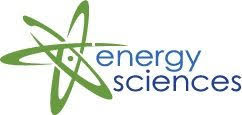
Energy Sciences
At Energy Sciences, our mission is to provide energy consulting services with the utmost integrity, to practice sustainable measures and to be socially responsible for the benefit of our clients, the environment and all living things.
We achieve this by collaborating with commercial, industrial and municipal clients to find practical solutions that reduce energy waste and increase profitability. Taking a strategic and comprehensive approach to energy management and sustainability, we help businesses, governments and utilities optimize the way they use energy and other resources by putting in place sustainable best practices that produce measurable results year after year.
Our team of degreed and licensed engineers, scientists, certified energy auditors, energy managers and lighting efficiency professionals offers a wide-reaching array of skills to meet the energy use challenges of the most exacting buildings, building systems and industrial processes. From energy procurement to the operation of buildings and industrial process equipment, Energy Sciences helps clients identify and eliminate waste and increase their energy effectiveness.
Energy Sciences was founded by former automotive and utility industry professionals, Shelley Sullivan and Frank Schulmeister, who took to heart the business philosophies of Total Quality Management, Continuous Improvement and Operational Excellence. These philosophies undergird everything we do at Energy Sciences and led to the development of the Energy Sciences SiStemTM—a considered and intentional energy management process for success. Contact us to learn more about the ES SiStemTM and how it can help you improve the profitability of your business by reducing your energy waste.
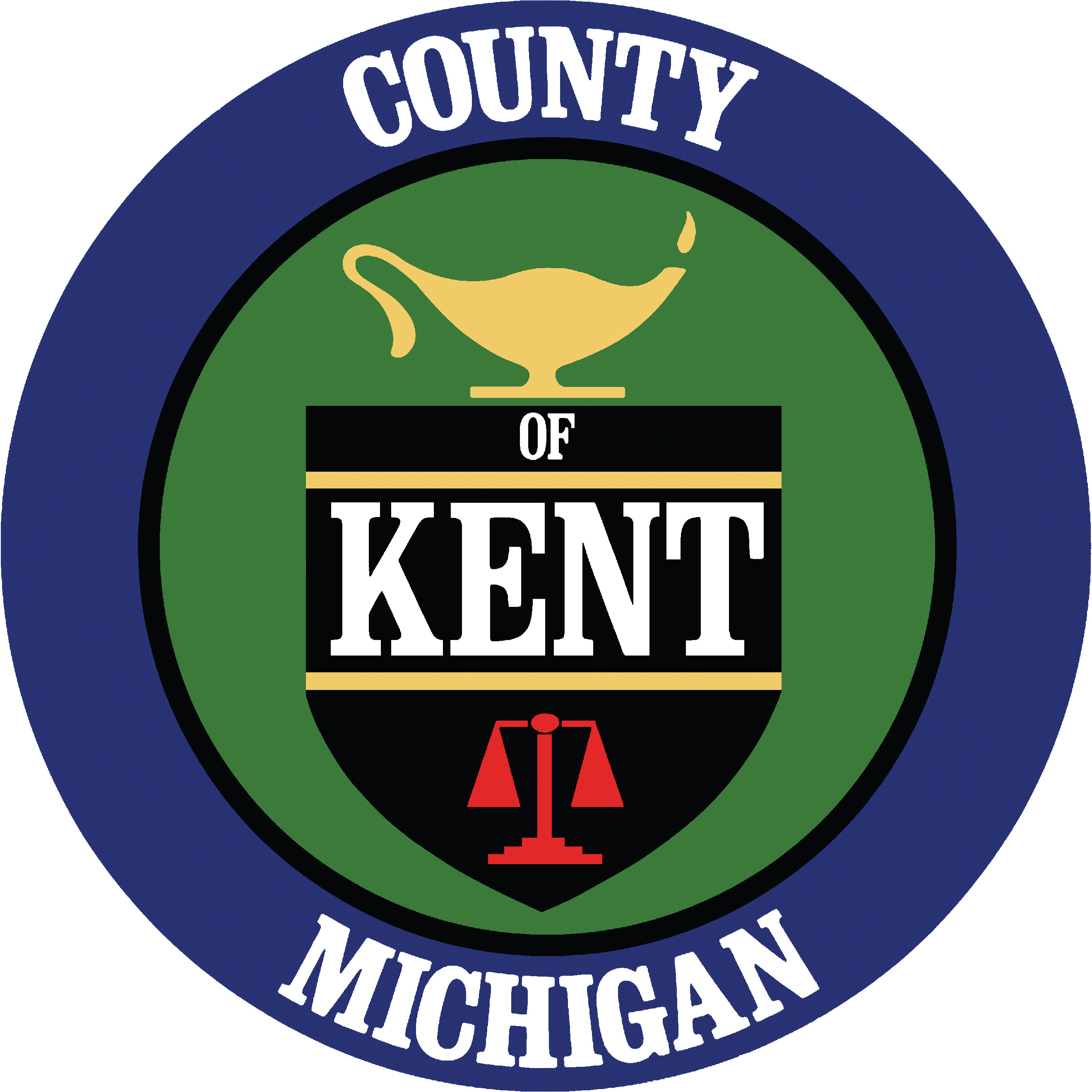
Kent County Department of Public Works
The Department of Public Works (DPW) provides solid waste management services and education programs to Kent and surrounding counties. The Department is committed to a fully integrated solid waste management system and has four facilities in its fleet including the Recycling and Education Center processing residential recyclables, Waste-to-Energy facility, landfill and transfer station. Kent County and its partners provide over 21 MW of renewable electrical generation and continue to explore new renewable sources including solar and biogas as it implements sustainable material management strategies to reduce landfill of municipal solid waste by 90% by 2030.
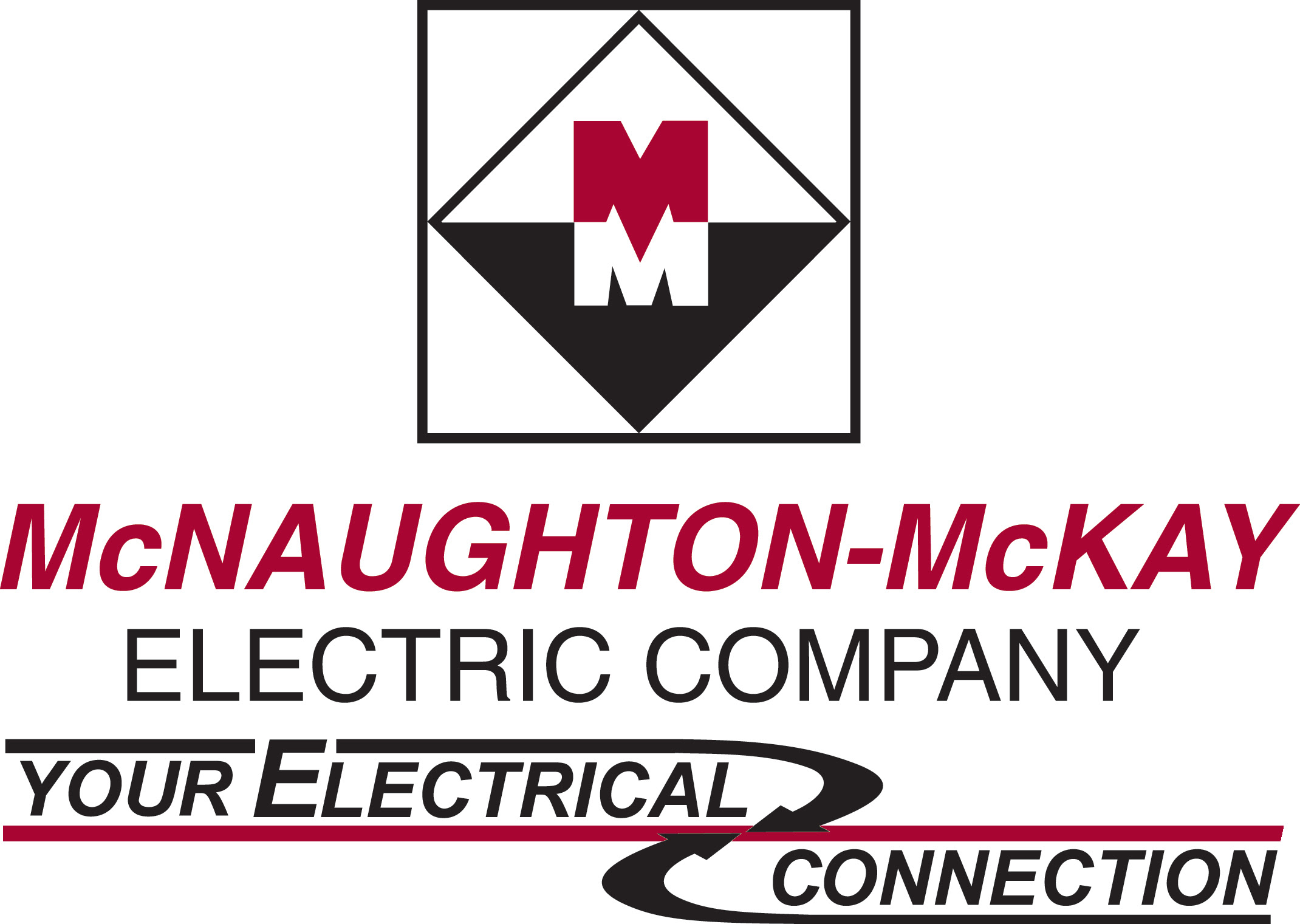
McNaughton-McKay Electric CompanyMcNaughton-McKay Electric Company is a leading distributor of electrical products for the industrial, automation, commercial, and construction markets. We opened in 1910 and are headquartered in Madison Heights, Michigan with 22 additional locations in 5 States and Germany. Each of our branch locations are committed to ensuring your needs are being met and we truly understand your business and industry goals.

Ventower IndustriesVentower Industries is a leading North American steel fabricator currently specializing in wind turbine towers, marine foundation solutions, pressure vessels, welded storage tanks and the application of various coating systems.
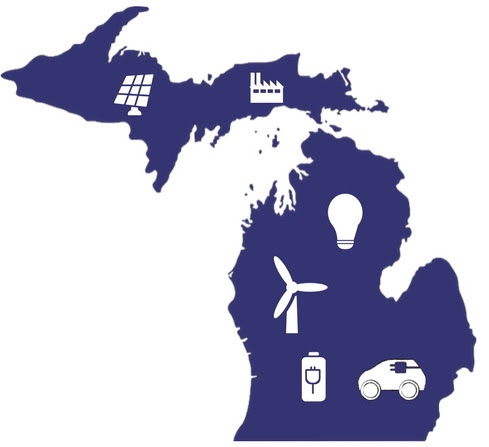
Michigan Energy News
- Construction has begun at Michigan EIBC member Ranger Power’s Assembly Solar Project in Shiawassee County.
- A contractor for the Assembly Solar Project is expected to hire about 250 more workers.
- Michigan Department of Environment, Great Lakes and Energy Director Liesl Eichler Clark writes about why electric school buses are important for children’s health.
- The City of Ann Arbor is working on a concept with DTE Energy for a solar farm that would be built on a landfill and power almost all of the city government’s operations.
- Michigan Technological University’s Sustainability Demonstration House shows how solar energy can work well in the Upper Peninsula.
- U.S. Rep. Debbie Dingell, D-Mich., introduces new legislation to incentivize EV adoption.
- Shiloh Industries, a global supplier of lightweighting technologies used to reduce noise and vibration for the automotive and other industries, will use DTE’s MIGreenPower program to power three of its Michigan facilities with renewable energy.
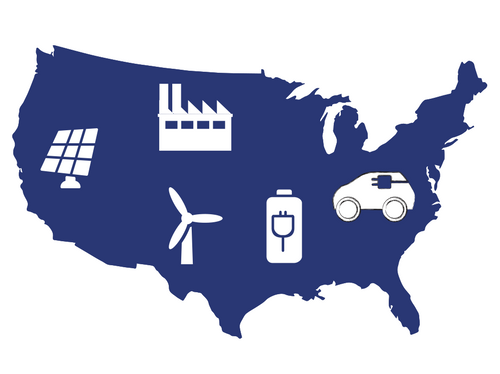
National Energy News
- EVs and rooftop solar could be the two factors that will most shape electric utility sales in 2020.
- Morningstar expects renewable energy to be a main driver of earnings in the utility sector.
- A new bill in Illinois would provide “massive” grants for EV charging infrastructure.
- PJM, the largest regional transmission organization, predicts that 1,500 MW of power load will come from EVs by 2035.
- Proposed Indiana legislation would allow homeowners to petition homeowners associations for the right to put solar panels on their roofs.
- A planned institute on Long Island, New York, would train 2,500 students to become workers in the fledgling offshore wind industry.
- A bill in the Virginia state legislature would introduce retail electric competition to the state.
Michigan Energy Events
Michigan State University’s Institute of Public Utilities is holding the 15th Annual Michigan Forum on Economic Regulatory Policy, a one-day conference that makes participants eligible for continuing education credits, on Feb. 21.
National Energy Events
Infocast’s Wind Power Finance & Investment Summit is in San Diego from Feb. 4 to Feb. 6, 2020.
Opportunities
The United States Department of Agriculture’s Rural Business-Cooperative Service is seeking applications for its Rural Energy for America Program, which makes loan guarantees and grants available for renewable energy systems, energy efficiency, energy audits and more. The deadlines to apply for renewable energy system and energy efficiency improvement grants are Oct. 31, 2019, and March 31, 2020, while applications for loan guarantees are accepted year-round. Find out more here.
The Michigan Energy Office’s Small Manufacturers Energy Waste Reduction Incentive Pilot is offering rebates of up to $15,000 per company for small manufacturers that can implement energy efficiency activities between Oct. 1, 2019 and July 31, 2020. There is a 100% minimum match requirement. Click here to learn more about eligibility and apply